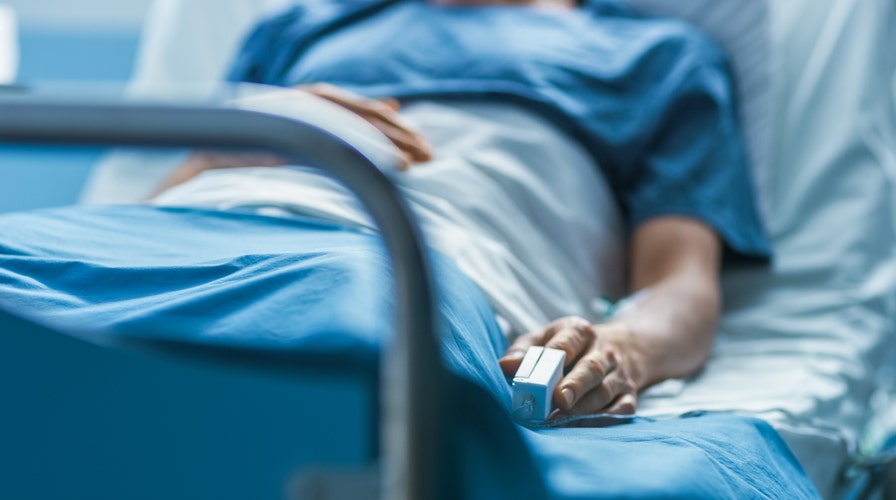Fox News Flash top headlines for May 5
Fox News Flash top headlines are here. Check out what's clicking on Foxnews.com.
Get all the latest news on coronavirus and more delivered daily to your inbox. Sign up here.
Recently recovered COVID-19 patients produce some virus-specific antibodies and T cells, but the responses differ, a new study reveals.
The study, published on Sunday in the journal Immunity, revealed that 14 patients showed wide-ranging immune responses, but the results from six who were assessed two weeks after being discharged suggest that antibodies were maintained that long.
Additional results from the study indicate which parts of the virus are most effective at triggering these immune responses and should therefore be targeted by potential vaccines.
FOR CORONAVIRUS PATIENTS WITH DIABETES, BLOOD SUGAR CONTROL IS KEY, CHINA STUDY REVEALS
"These findings suggest both B and T cells participate in immune-mediated protection against the viral infection," co-senior study author Chen Dong of Tsinghua University said in a statement.
"Our work has provided a basis for further analysis of protective immunity and for understanding the mechanism underlying the development of COVID-19, especially in severe cases. It also has implications for designing an effective vaccine to protect against infection," Dong added.
The scientists' findings show that COVID-19 patients can mount antibody responses to SARS-CoV-2 proteins and suggest these antibodies are present for a minimum of two weeks after discharge.
Researchers don't know a lot about the protective immune responses induced by the disease-causing virus, SARS-CoV-2, therefore addressing this knowledge gap could help with the development of an effective vaccine, explained co-senior study author Cheng-Feng Qin, of the Academy of Military Medical Sciences in Beijing, China.
EVEN AFTER CORONAVIRUS PANDEMIC ENDS, 40 PERCENT OF AMERICANS PLAN TO AVOID PUBLIC SPACE: REPORT
"Our results suggest that S-RBD is a promising target for SARS-CoV-2 vaccines," said co-senior study author Fang Chen of Chui Yang Liu Hospital, affiliated to Tsinghua University. "But our findings need further confirmation in a large cohort of COVID-19 patients."


